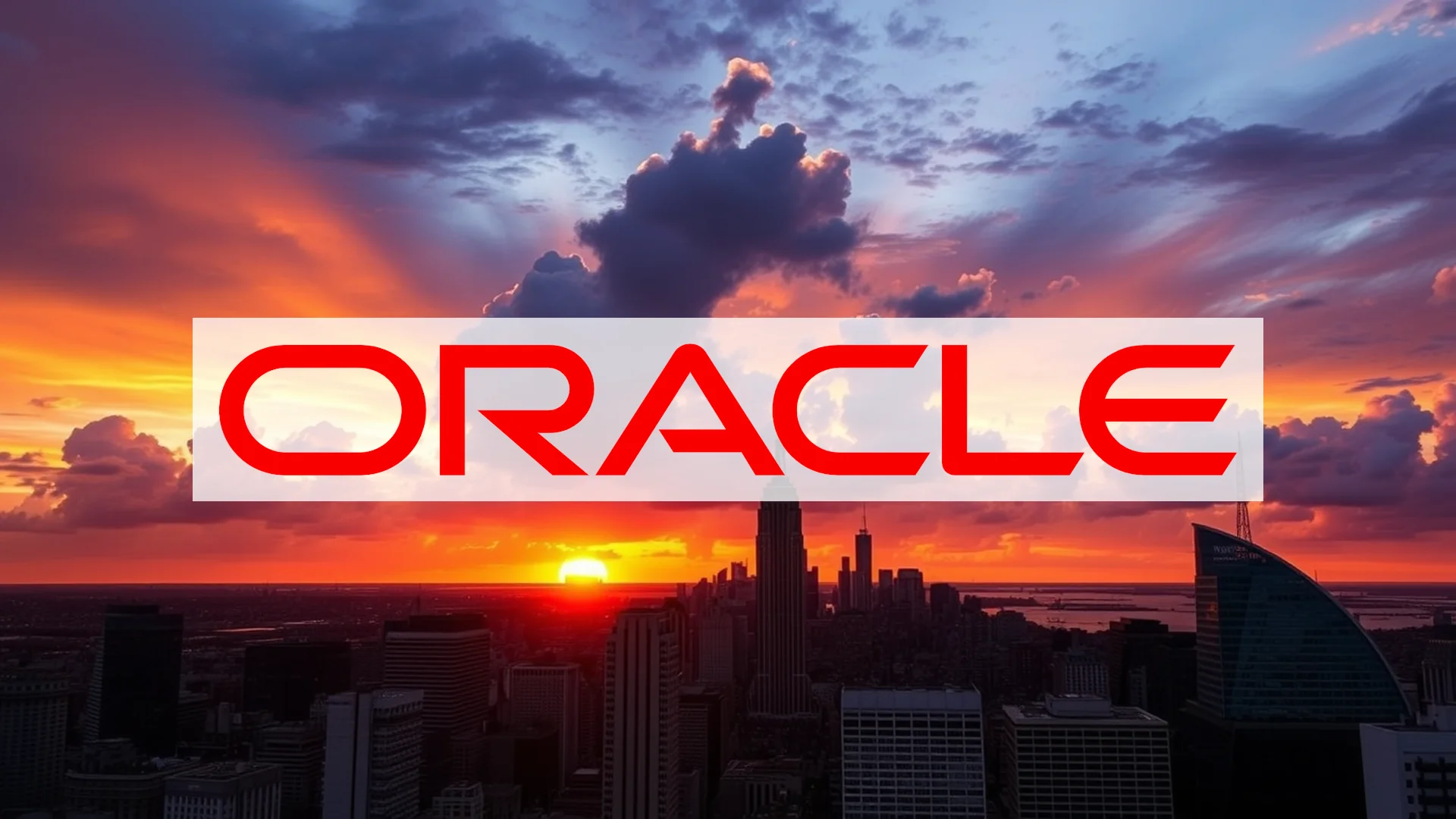The cloud computing giant Oracle is navigating a critical leadership transition while facing growing analyst concerns about its massive artificial intelligence infrastructure investments. As the company funds its ambitions through record bond sales, questions are emerging about the sustainability of its current growth trajectory.
Record Debt Issuance Fuels Expansion Plans
Just two days after announcing significant leadership changes, Oracle successfully placed an $18 billion corporate bond—the second-largest such offering of 2025. The transaction attracted nearly $88 billion in investor demand, highlighting market interest despite the substantial capital requirements. These funds are earmarked to finance Oracle’s aggressive push into AI infrastructure development.
The financial metrics reveal the scale of this commitment: Oracle’s cash flow turned negative this year for the first time since 1992. Market researchers project the company may need to raise an additional $65 billion in debt by 2028 to fully execute its growth strategy.
Leadership Reshuffle Amid Strategic Pivot
Oracle implemented a major executive reorganization this week, appointing Clay Magouyrk and Mike Sicilia as co-CEOs, ending Safra Catz’s eleven-year tenure as sole chief executive. This leadership transition occurs at a pivotal moment for the company, which has positioned itself as a key beneficiary of the AI boom through massive infrastructure agreements, including a landmark $300 billion arrangement with OpenAI.
The new leadership brings complementary expertise to their roles. Magouyrk previously oversaw cloud infrastructure operations, while Sicilia managed industry-specific software solutions. Chairman and CTO Larry Ellison emphasized their “commitment to AI,” signaling continuity in the company’s aggressive artificial intelligence strategy under fresh leadership.
Analyst Concerns Intensify
While the management changes and record bond issuance captured headlines, financial analysts are sounding alarms about Oracle’s direction. Rothschild & Co. Redburn initiated coverage with a “Sell” rating and a $175 price target—approximately 40% below current trading levels.
Should investors sell immediately? Or is it worth buying Oracle?
According to analyst Alex Haissl, markets are substantially overvaluing “the worth of Oracle’s contractually committed cloud revenues.” His assessment suggests Oracle is functioning more as a financier than a traditional cloud provider in major AI initiatives like Project Stargate.
More troubling warnings come from D.A. Davidson, where analyst Gil Luria expressed doubts on CNBC about whether OpenAI can actually “meet its payment obligations.” With anticipated cash burn reaching $115 billion over the next four years and profitability not expected until 2030, serious questions remain about whether Oracle will ever realize the full value of its mega-deal.
Valuation Stretches Amid Spectacular Gains
Oracle shares have delivered impressive performance, climbing approximately 85% since the beginning of the year and pushing the company’s market capitalization toward the $1 trillion threshold. However, this ascent comes at a cost: the stock now trades at over 57 times earnings—more than double the sector average.
Despite mounting analyst concerns, the Wall Street consensus maintains a “Moderate Buy” rating with an average price target of $332.06. The crucial question remains whether Oracle can sustain its current growth pace without buckling under debt pressures and negative cash flows.
The upcoming quarterly results in November will provide initial answers—revealing whether the cloud giant’s massive AI wager will pay off or emerge as a billion-dollar gamble.
Ad
Oracle Stock: Buy or Sell?! New Oracle Analysis from February 7 delivers the answer:
The latest Oracle figures speak for themselves: Urgent action needed for Oracle investors. Is it worth buying or should you sell? Find out what to do now in the current free analysis from February 7.
Oracle: Buy or sell? Read more here...











